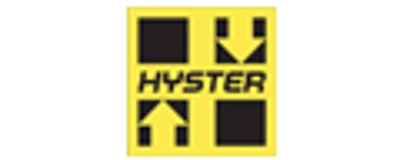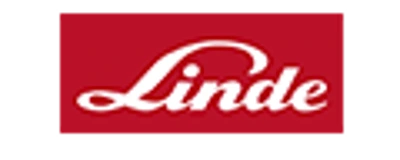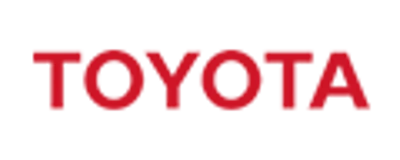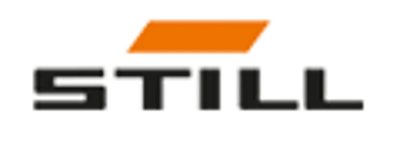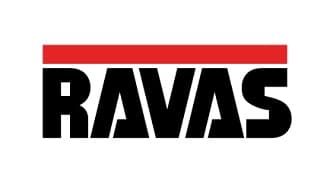What is it?
Legal for Trade
Legal for Trade refers to an officially approved weighing system that may be used for weight-based commercial transactions. This approval ensures that the weighing system meets strict accuracy and reliability requirements. Since the repeal of the calibration law in 2006, the process of approval is formally referred to as inspecting rather than calibrating. Thus, instead of calibrating a scale, we have since officially referred to it as Legal for Trade.
The International Organization of Legal Metrology (OIML) establishes uniform guidelines worldwide to ensure that all weighing systems meet the same standards. Always inform yourself in advance about the legal requirements within your country.
Legal for Trade weighing systems are required in a variety of applications. Consider raw material suppliers, for example, who sell goods by weight. Carriers, including air cargo companies, also rely on calibrated systems to bill correct weights. These systems ensure that invoices are correct, which is essential for reliable and efficient operations. Consequently, using Legal for Trade weighing systems also reinforces customer and partner confidence in the accuracy and fairness of transactions.
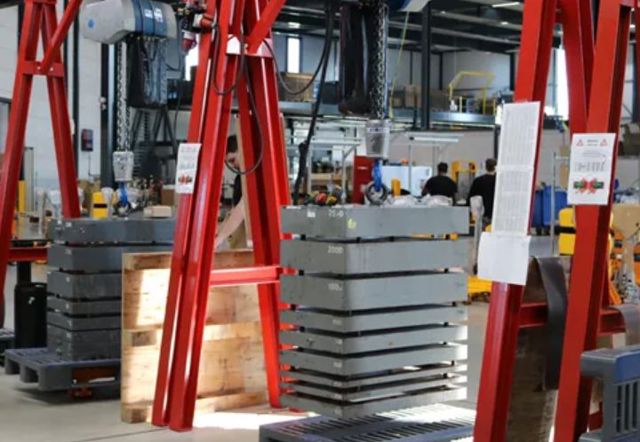
How does it work?
The process
A Legal for Trade weighing system is essential for companies that bill by weight. These systems can be integrated into various types of warehouse trucks, forklifts and pallet trucks. All components of the weighing system, such as the indicator and load cells, must meet strict requirements for accuracy and reliability. Certification is provided by a locally designated institute that tests for various aspects such as accuracy, security and the influence of external factors, for example. Each system must also be equipped with a level switch to prevent weighing errors due to tilting and must make the weight readable directly to the operator.
The inspection process of a weighing system involves checking and, if necessary, recalibrating the system to meet legal standards. Reference weights are used to determine accuracy and correct any discrepancies. After successful inspection, the weighing system is delivered with a certificate showing that it complies with OIML guidelines. This certificate contains important information such as the manufacturer, the serial number, and the gravity factor used, ensuring that the system is suitable for commercial use.
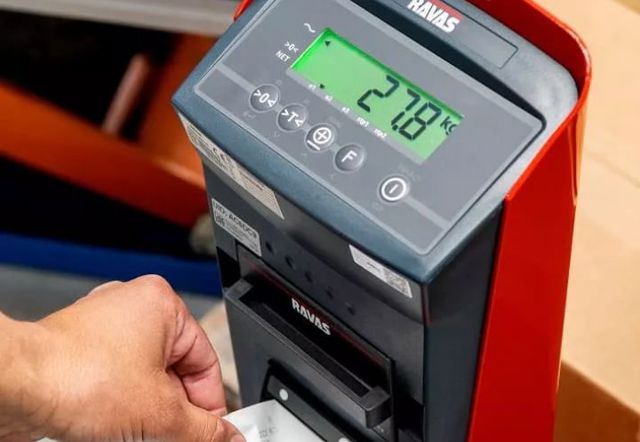
Want to know more about inspection and calibration
And after the first inspection?
Re-inspection of the Legal for Trade weighing system
Government agencies inspect weighing systems used for weight-based billing. These checks are often unannounced, and it is the user's responsibility to ensure that the systems meet legal standards.
In many countries there is a legal requirement for periodic re-inspection. But even if this is not the case, we recommend an annual inspection. This will ensure that your systems remain accurate. It is convenient to combine the re-inspection with regular maintenance to minimize disruption to your business processes.
Re-inspections may only be performed by a representative of a certified metrological institute. This may be a RAVAS representative or another certified organization. RAVAS is certified by the Netherlands Metrology Institute (NMi) to perform both initial verifications and re-inspections of weighing systems in the Netherlands. These inspections are performed according to European Directives 90/384/EEC and 93/86/EEC on non-automatic weighing systems, and Module D of Council Decision 93/465/EEC. In other countries, we are happy to prepare the inspection for you, so that your weighing system is approved by the local authorities without any problems.
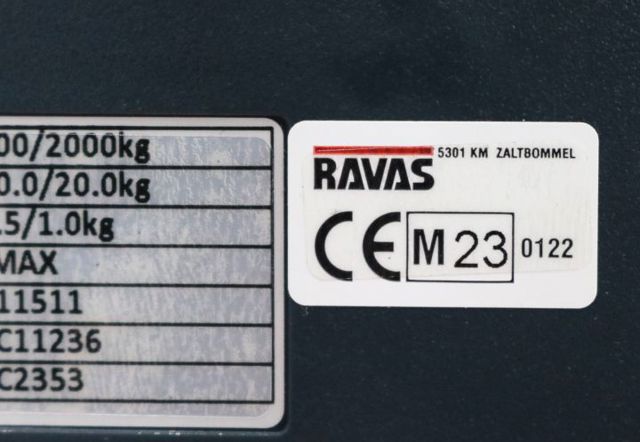
Billing by weight with your current trucks
Are you curious if your current vehicles can be equipped with a calibrated mobile weighing system? Our mobile weighing systems are available calibrated in most cases and can be used on almost all models of warehouse trucks and forklifts. This makes weight-based billing easily accessible to your organization.
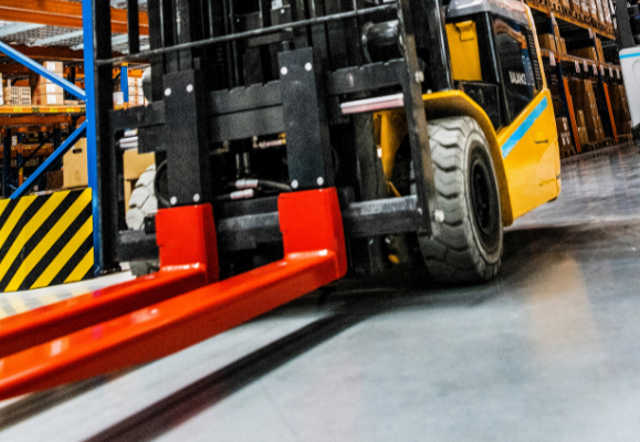
Frequently Asked Questions
What is a Legal for Trade weighing system and why is it important?
A Legal for Trade weighing system is an officially approved weighing system that meets strict legal requirements for use in commercial transactions. It ensures that weight measurements are accurate and reliable, which is essential for weight-based invoicing. Using a Legal for Trade system helps companies meet legal obligations and avoids problems with customers and government agencies.
How often should I have my weighing system inspected?
In most countries there is a legal requirement for periodic re-inspection. But even if there is not, an annual inspection is highly recommended to ensure the accuracy and reliability of your weighing system. Regular inspections also help to detect and correct any discrepancies in a timely manner, keeping your weighing system functioning optimally.
Who may inspect and certify a Legal for Trade weighing system?
Only certified metrological institutes are allowed to inspect and certify Legal for Trade weighing systems. RAVAS is certified by the Dutch Metrology Institute (NMi) to perform both initial verifications and re-inspections in the Netherlands. Outside the Netherlands, we prepare your inspection, and the actual inspection is performed by a local institute. Always ensure that you work with an approved party to guarantee that your weighing system meets all legal requirements.
Can my existing warehouse truck or forklift be equipped with a Legal for Trade weighing system?
Yes, most models of warehouse trucks and forklifts can be equipped with a Legal for Trade mobile weighing system. Our experts can advise you on options for your specific vehicles and ensure that your fleet meets legal requirements for weight measurement and billing.
Want to optimize your invoicing process with a Legal for Trade weighing system?
Contact our experts for a free consultation and discover the best solutions for your business.






